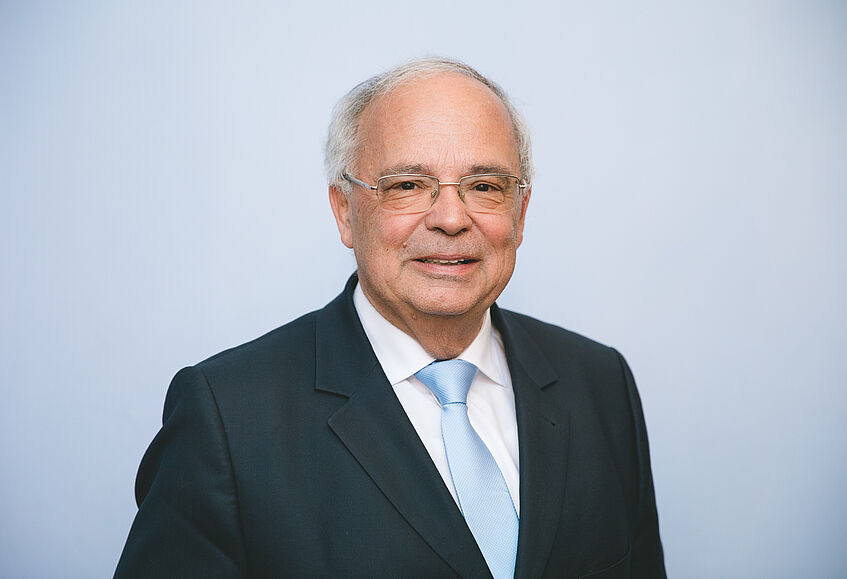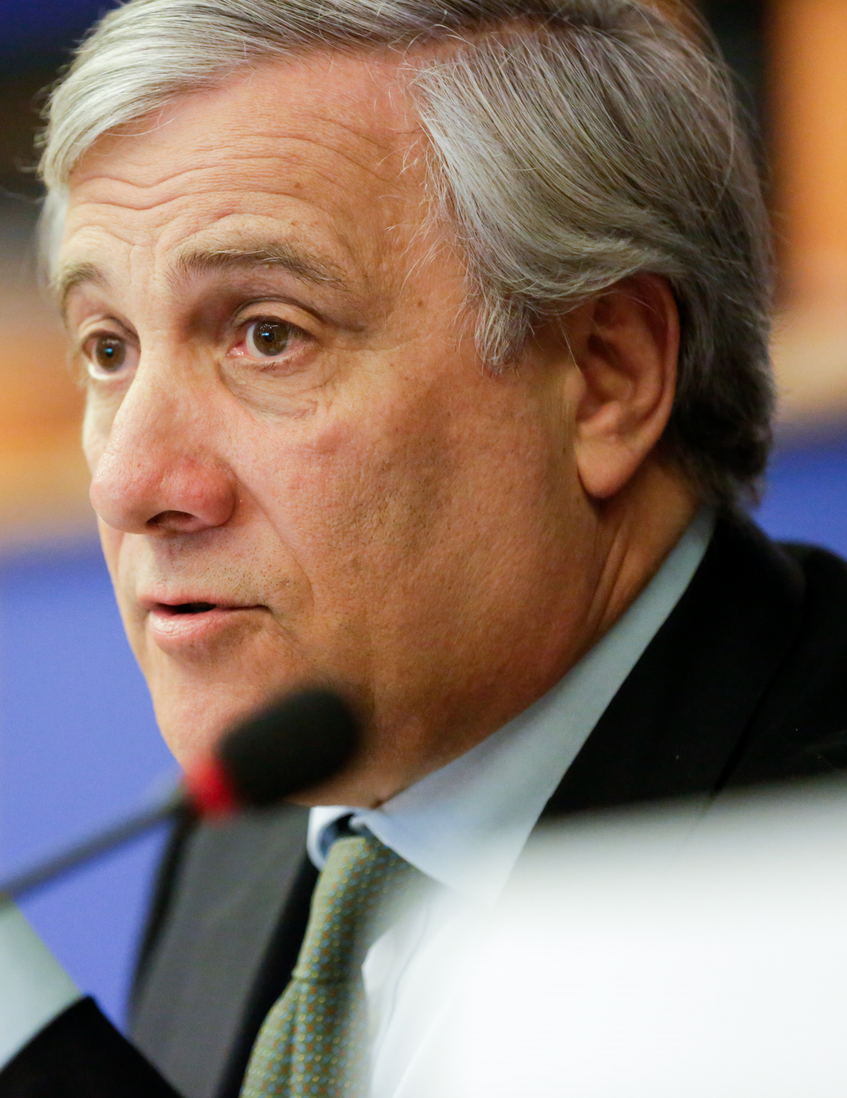As a member of the ELI, you are part of a unique European legal community. The European Court of Human Rights plays a unique role within its own European community. […] The Court through its caselaw, like ELI through its project, is responding to new legal issues which concern international families and cross-border disputes.

Guido Raimondi, then President of the European Court of Human Rights

Heinz W Engl, former Rector of the
University of Vienna
I am glad that I made the decision to make a bid for the ELI Secretariat in 2011, and the success of ELI confirmed my decision, which might have been a bit bold then.
[W]e salute the considerable progress that the ELI is making through projects aimed at producing results which can be of immediate practical utility.

Harriet Lansing, then President of the Uniform Law Commission

Robert Spano, then President of the European Court of Human Rights
I very much support ELI’s work in creating a vigorous European legal community because as I have had the opportunity of underlining recently, lawyers act as guardians of the rule of law by upholding their clients’ fundamental rights and the fair administration of justice in general; by playing a key role as intermediaries between the public and the courts, and as actors within the Convention system by pleading the European Convention on Human Rights before national courts.
I consider that ELI’s 15 Principles for the COVID-19 crisis will prove to be useful tool for all actors.

Linos-Alexandre Sicilianos, then
President of the European Court of Human Rights

Marc Jaeger, then President of the General Court of the European Union
I would like to emphasise how crucial the ELI’s works are in pursuing the bridging of oft-perceived gaps between different legal cultures as well as between scholarship and practice.
I am exceptionally grateful that the ELI and the ALI are collaborating on subject matter of such significance to the international order.

Richard L Revesz, then Director of the American Law Institute (ALI)

Antonio Tajani, then President of the European Parliament
The expansion of the European law acquis, in particular in the field of civil law, must be backed up with in-depth analysis by the legal community. This is why, as co-legislator, the European Parliament welcomes the contributions of the ELI during the legislative process – be it through publications or active participation in parliamentary hearings or workshops.
The ELI plays an important role in the development of many parts of the law of the European Economic Area (EEA). This is particularly the case in areas that the EFTA Surveillance Authority (ESA), in its role of safeguarding the rights of individuals and undertakings in the EFTA States of Iceland, Liechtenstein and Norway, sees as key to securing prosperity and economic and social progress under the EEA Agreement.

Sven Erik Svedman, then President of EFTA Surveillance Authority

Tiina Astola, then Director-General for Justice and Consumers at the European Commission
We are facing a challenging future in the European Union. We will have to cross legal paths that are yet to be fully mapped. We will have to find solutions to difficult situations. Working together, gathering the expertise where it is to be found, collecting evidence to support our action to reach the objective is essential. We are very grateful for ELI’s important contribution this far, and look forward to cooperating also in the future to shape the future of the legal environment of the EU.
The ELI has come to provide a key forum for developing European legal thinking and polity. Complementing judicial dialogue and the dialogue between the States and organisaions such as ESA, the ELI facilitates the crucial dialogue between academics, practitioners and institutional actors that is necessary for building and maintaining trust and confidence in the common project of a Europe ruled by law.

Bente Angell-Hansen, President of the EFTA Surveillance Authority (ESA)

Lance Liebman, then Director of the American Law Institute
The American Law Institute welcomes and takes a degree of pride in the formation of the ELI and its rapid progress.
